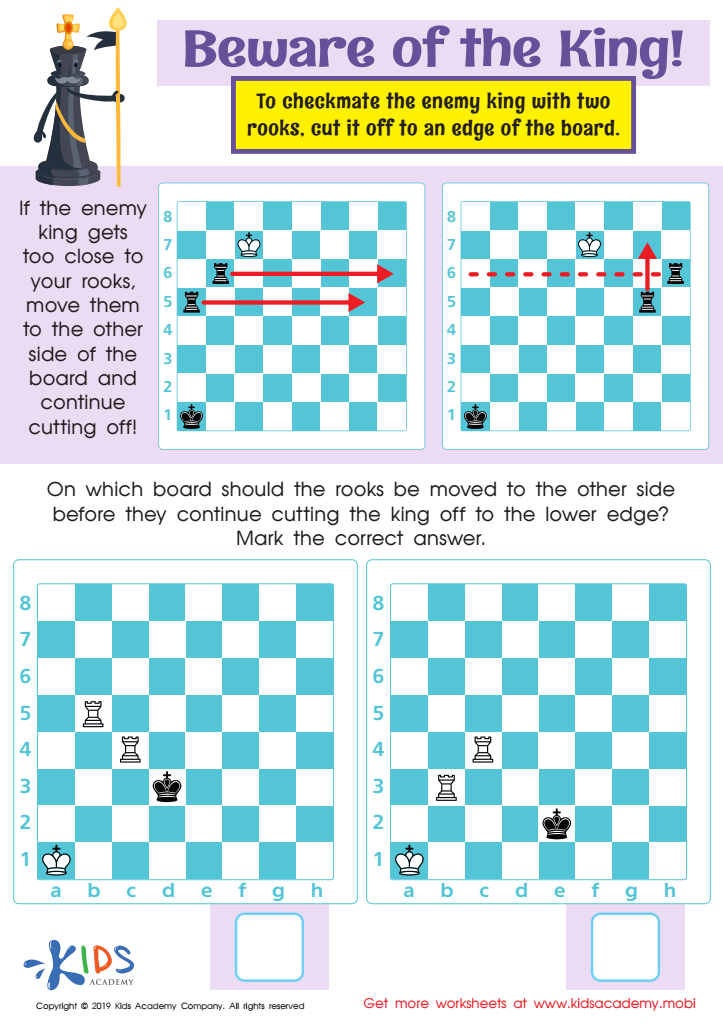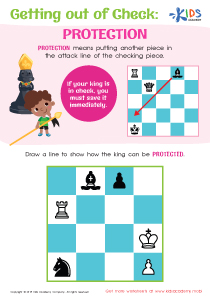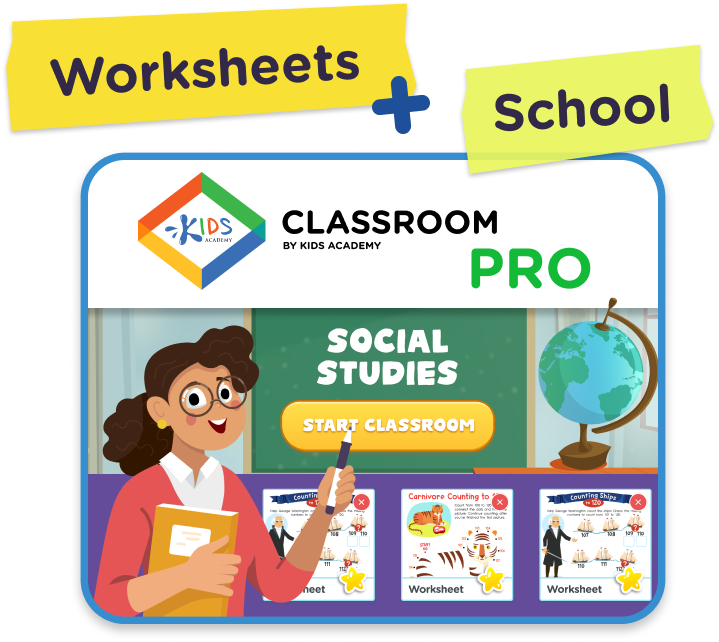Critical Thinking Chess Worksheets for Ages 3-7
4 filtered results
-
From - To
Discover our engaging Critical Thinking Chess Worksheets designed specifically for children aged 3-7! These printable resources foster essential cognitive skills through the captivating game of chess. Children will enhance their problem-solving abilities, logical reasoning, and strategic thinking as they navigate fun, age-appropriate exercises. Our worksheets encourage creativity and independent thought while making learning enjoyable. Perfect for classroom or home use, they complement early learning programs and support cognitive development. Equip your young learners with the tools to think critically and make decisions confidently, all while enjoying the enriching experience of chess. Unlock your child's potential with our effective and interactive worksheets today!


Beware of the King! Worksheet


Which King is in Check? Worksheet


Knight and Pawn Worksheet


Promotion Practice Worksheet
Critical Thinking Chess for Ages 3-7 is an invaluable tool for fostering essential cognitive skills in young learners. At this formative age, children's brains are highly receptive to new concepts, making it the perfect time to introduce strategic thinking through chess. Engaging in this timeless game enhances problem-solving abilities, improves focus, and fosters patience. Chess teaches children to think ahead, anticipate consequences, and recognize patterns, skills that are transferable to various aspects of life, both academic and personal.
Moreover, critical thinking chess serves as an engaging and fun way to introduce abstract reasoning. It encourages children to analyze situations from multiple perspectives, enhancing their decision-making skills. For parents and teachers, this means not just teaching a game, but instilling a mindset that values logic, perseverance, and creativity.
Additionally, learning chess cultivates social skills, as children participate in a communal activity that encourages communication and sportsmanship. As they navigate wins and losses, they develop emotional intelligence, resilience, and respect for others.
Incorporating Critical Thinking Chess into early education can create a strong foundation for lifelong learning, opening doors to future academic and life achievements, ensuring that children are not only educated but also adept critical thinkers.
 Assign to My Students
Assign to My Students















